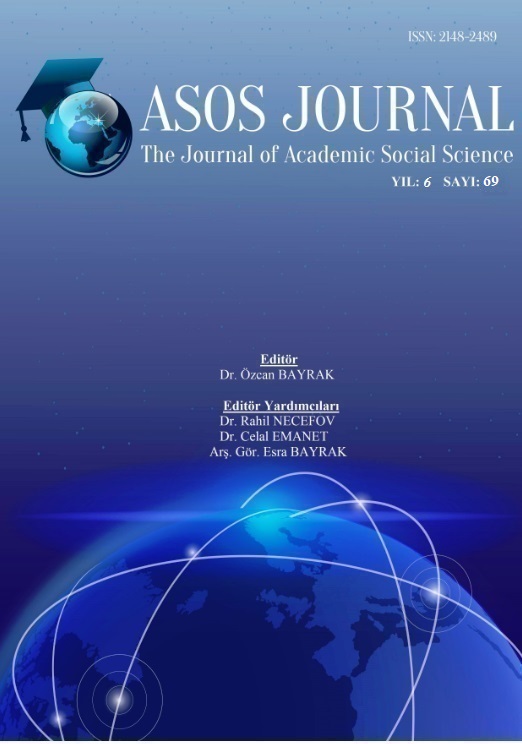Author :
Abstract
Thomas More’un ünlü eseri Utopia, ‘olmayan ülke’ anlamına gelen Utopia adasında yaşamakta olan ideal toplumu anlatmaktadır. Utopia’da yaşam eşitlik üzerine kurulu olduğu için kadınların da erkeklerle eşit eğitim, iş ve ücret gibi birçok hakka sahip olduğu görülür. İtalyan filozof Tommaso Campanella’nın ünlü ütopyası The City of the Sun da eşitlik üzerine kurulmuş ideal bir toplumsal yaşamı ele almaktadır. İki toplumda da insanların mülk edinme hakkı olmadığı için erkeklerin kadınlar üzerinde hiçbir maddi üstünlük taşımasının imkanı yoktur. Buna rağmen, bu iki ‘ideal’ toplumda kadınların gerçekte tam bir eşitliğe kavuşamamış olduğu görülmektedir. Utopia’da kadınlar çalışma, okuma, yazma, yüzme, oy kullanma ve hatta din görevlisi olma haklarına sahiptirler; fakat yine de erkeklerden aşağıdadırlar. Günlük hayatın hemen her alanında erkeklerden ayrı tutulan kadınlar ile erkekler yemek salonlarında ve tapınaklarda ibadet esnasında ayrı yerlerde otururlar. The City of the Sun’da da benzer bir durumla karşılaşılır. Burada da kadınlar ve erkekler yemek yerken dahi ayrı yerlerde oturur; kadınların yedikleri yemeklerden, eğitim imkanları ve çalışma koşullarına kadar erkeklerden ayrı tutulduğu görülür. Rönesans dönemi İngiltere ve İtalyası’nın içinde bulunduğu toplumsal düzene birer tepki niteliği taşıyan bu eserlerde kadınlara daha fazla güç ve hak tanınmış olsa da kadınlar için tam bir eşitlik Utopia gibi ‘olmayan’ ülkelerde bile mümkün olamamaktadır.
Keywords
Abstract
Thomas More’s famous work, “Utopia”, focuses on the perfect society living on the island called Utopia, which means ‘no-place-land’. Since life in Utopia is based on equality, women have many rights in society such as equal education, equal job opportunities, and equal payment. Another celebrated utopia “The City of the Sun”, written by the Italian philosopher Tommaso Campanella, tells of an ideal social life based on equality, as well. Since there is no private ownership in both states, it means that men do not hold any financial superiority over women. Nonetheless, it seems that in these two 'ideal' societies women are not in fact fully equalized. In Utopia, women are allowed to work, read, write, swim, fight, vote, and even become priests. However, women are still inferior to men. Women are separated from men in almost every area of daily life. For example, men and women sit and eat separately, and they sit separately in the temples during prayers. There is a similar situation in The City of the Sun. For here, women and men sit in separate places even when they eat; it is seen that women are kept separate from men as regards to food and drinks, education facilities and working conditions. In these works which could be considered a reaction against the social order in the Renaissance England and Italy, it is seen that although they are given more power and rights, total equality is not possible for women even in the no-place-land.





